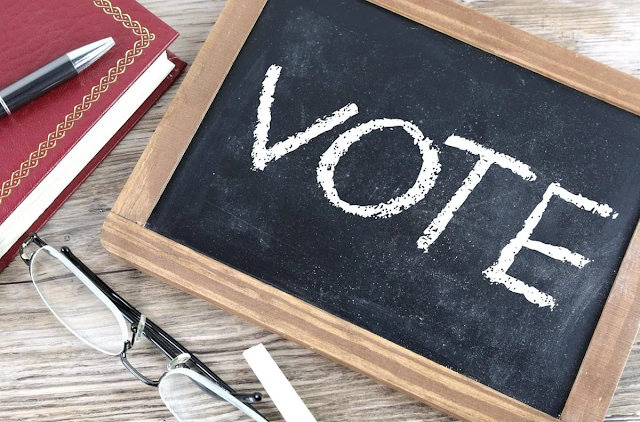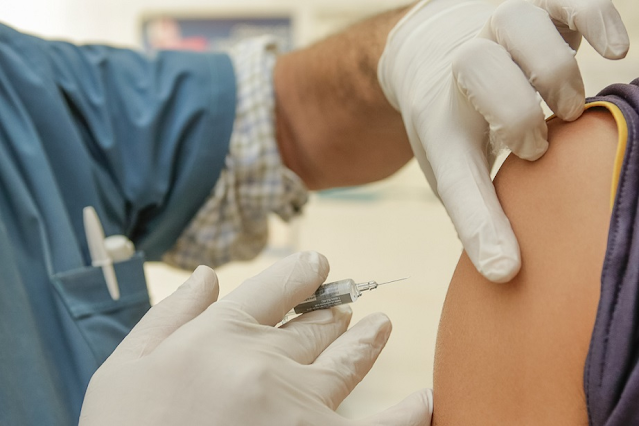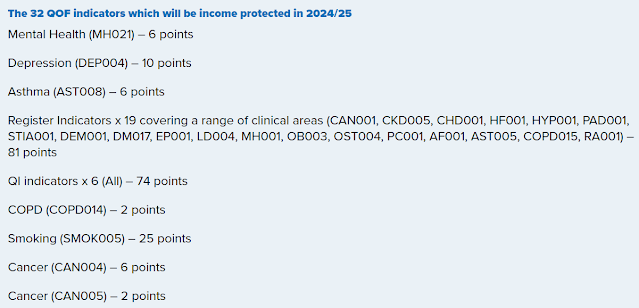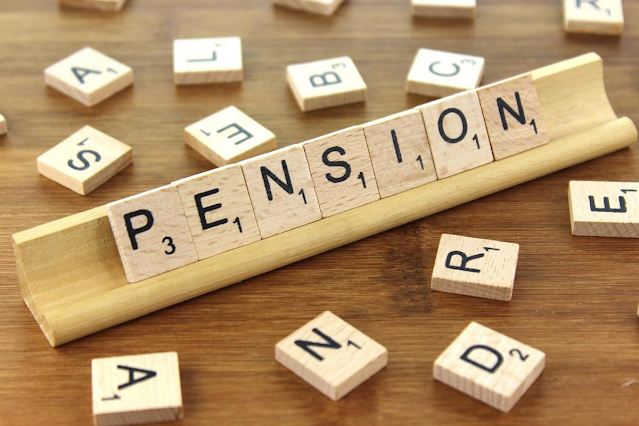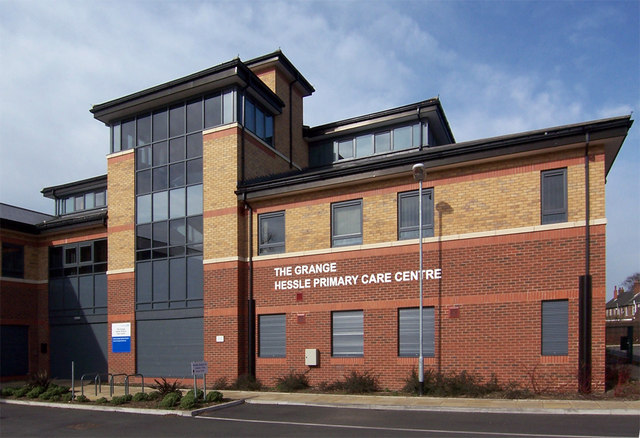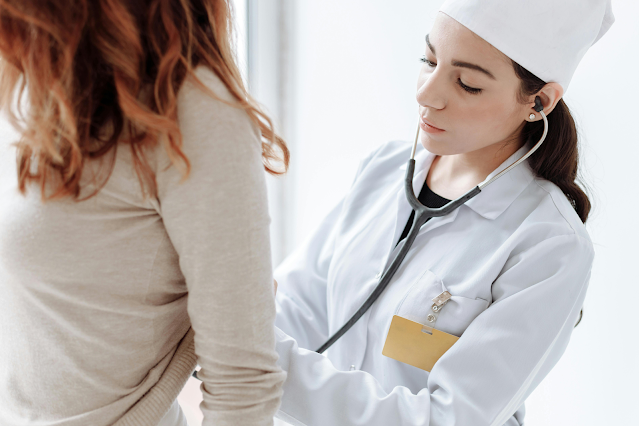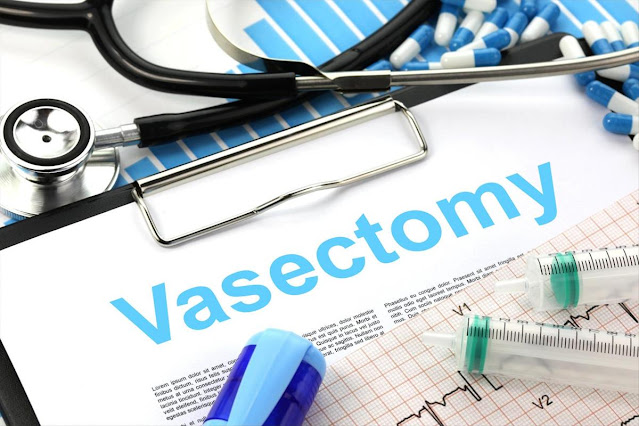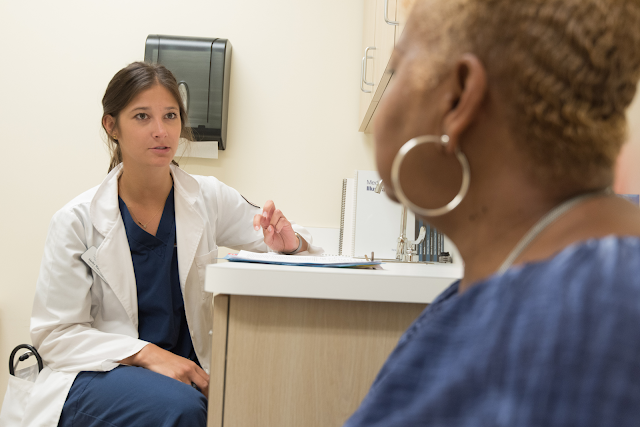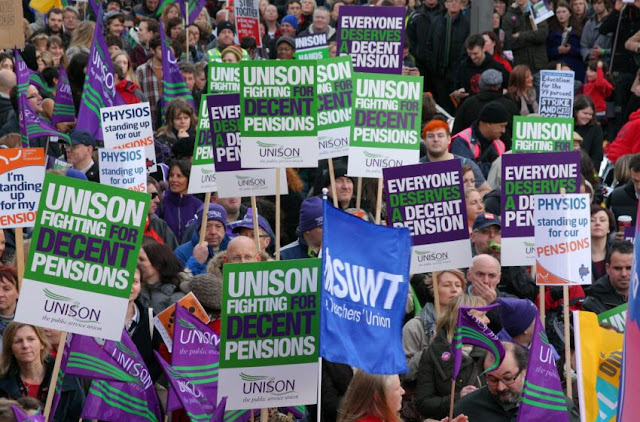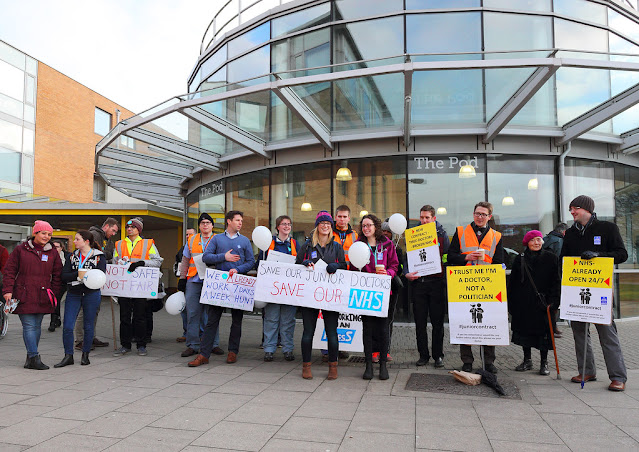From 1 October, GPs in England will once again be in formal dispute with the Government. For some, this may sound like yet another contractual argument, but to those of us working on the frontline, it represents something far more fundamental: the right to deliver care that is safe, sustainable, and properly resourced. The Breaking Point General practice has been stretched to its limits for years. We are delivering record numbers of appointments—millions more than pre-pandemic—with fewer doctors, growing patient lists, and mounting complexity. Every GP knows the daily grind of trying to do more with less, while still giving each patient the attention they deserve. Now, with the latest imposed contract, the Government wants us to take on 24/7 online access and new digital obligations —without proper safeguards or funding. On paper, this looks like progress. In reality, it risks pushing already fragile practices over the edge. The Real Issue Isn’t Access—It’s Safety Let’s be clea...




